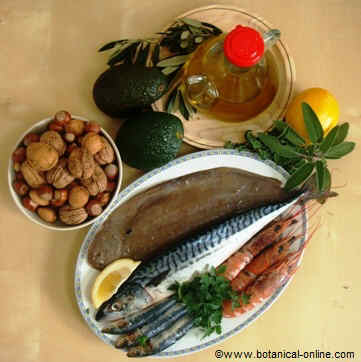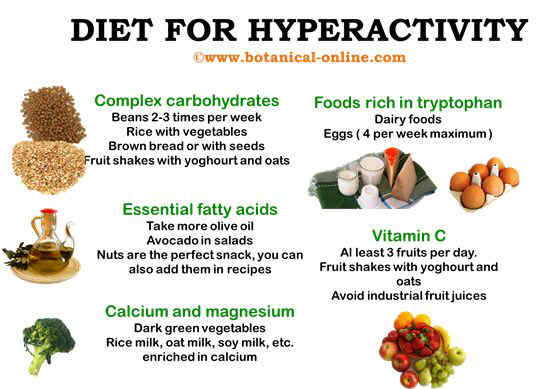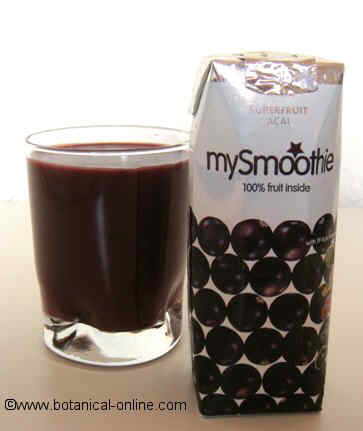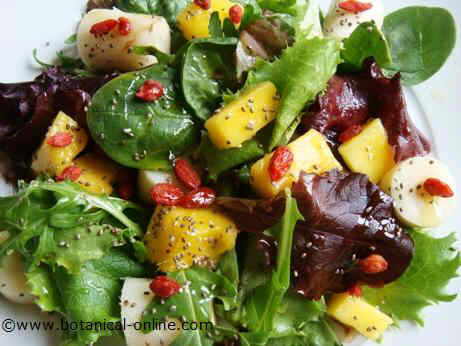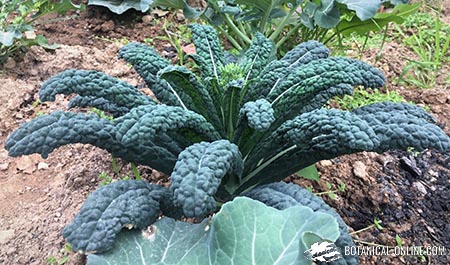Contents
Recommended plant food for hyperactivity
WHAT TO EAT WITH HYPERACTIVITY
Is there a kind of food for hyperactivity?
Nutrition science has advanced and continues doing so at giant steps in recent years.
Food for hyperactivity consists on providing through diet the nutrients that can help treat the symptoms of hyperactivity.
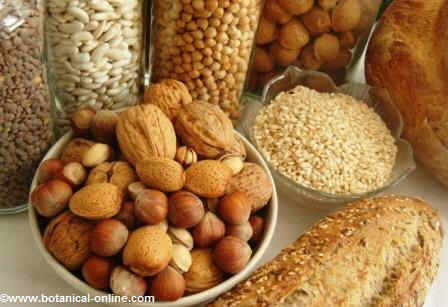
Legumes, cereals, bread and nuts are highly recommended in hyperactivity
What nutrients are important in hyperactivity?
Generally the nutrients that are required for deficit hyperactivity disorder are:
– Slow absorption carbohydrates: Complex carbohydrates provide slow and durable quality energy. They prevent excess of blood sugar and avoid overexcitement that simple sugars produce.
They maintain a good nutrition brain and are a source of B vitamins, which strengthen the health of the nervous system.
- Oats, rice, bread or seeds, rye bread, pasta, crackers, legumes (lentils, peas, beans, chickpeas, etc.).
- Fiber in whole grains helps to control blood sugar and also offers health benefits for the intestines.
– Tryptophan: an amino acid precursor of serotonin and melatonin, hormones involved in emotional state and sleep rhythms. The exhaustion or mental or emotional instability may be produced or exacerbated by a lack of tryptophan, which we get from the diet. In hyperactivity disorder, tryptophan can be reduced impulsivity.
- Legumes 2-3 times a week, since they are rich in tryptophan.
- Consume dairy and eggs daily as a source of quality protein.

Olive oil, avocado, nuts and oily fish. With hyperactivity it is necessary to increase the dose of foods rich in essential fatty acids
– Essential fatty acids: Essential fatty acid deficiency has been considered a possible cause of hyperactivity. Omega 3 and Omega 6 are part of the neural connections. They improve memory, concentration and mood. They should be in the daily diet dose of healthy fats:
- Olive oil each day, for dressing and cooking. Be generous in the amount of olive oil to dress salads and vegetables.
- Add avocado to salads.
- A handful of nuts every day: walnuts, almonds, hazelnuts, etc..
- Legumes 2-3 times a week. They can be combined with quinoa. Once again, pulses are very important because they contain essential fatty acids and zinc, the mineral that metabolizes fats. They are also a source of lecithin, involved in neuronal connections.
- In vegetarian diets, choose eggs and milk with Omega 3. In carnivorous diets, take oily fish at least 3 times a week.
– Calcium and Magnesium are important minerals in the growth stage (hyperactivity in children) and for proper bone development. We should emphasize the properties of calcium and magnesium in hyperactivity for their role in muscle contraction. Calcium, besides, forms part of many brain functions. It prevents physical exhaustion, promotes and stimulates bone health care and mental clarity.
- Take pulses 2-3 times a week for their remineralizing content. Some of them, such as lentils, chickpeas, peas, etc.. are very important foods in ADHD.
- Cover daily calcium needs of 1,000 – 1,200 mg. through food (see Food rich in calcium)
- Consume dark green vegetables that are rich in magnesium (cabbage, broccoli, spinach, green beans, etc..)
– Vitamin B1: Thiamin nourishes the nervous system and muscles, helps convert food into energy and regulates sugar levels in the blood. Foods that provide more of this vitamin are bread and cereals (muesli, oats,…), soybeans, chickpeas, peas, lentils, asparagus, sunflower seeds, okra, mallow, peppers and spirulina, among others.
– Vitamin C: to counteract oxidation caused by overactivity and movement. Foods rich in vitamin C are fruits, such as kiwi, lemon, oranges, currants, raspberries, strawberries and guava.
- At least 3 servings of fruit per day.
- Avoid juice because of its high content in simple sugars. It is preferable to replace them by fruit shakes with yogurt and oats.
Suitable foods to treat hyperactivity
What foods are NOT recommended?
- Simple sugars: poor diet based on foods high in simple sugars increasingly means more health problems. These foods are not very nutritious (they do not contain the same amount of vitamins and minerals than whole foods) and they cause nervous excitement followed by apathy and hypoglycemia. Avoid sweets.
- Stimulant substances: stimulants can increase nervousness and motor incoordination: avoid coffee, colas and soft drinks containing caffeine or stimulants.
- Carbonated drinks: carbonic acid (gas) of these drinks is highly decalcifying.
- Sausages : We should not abuse them because they contain too much salt, saturated fat and nitrites.
![]() More information on hyperactivity.
More information on hyperactivity.

